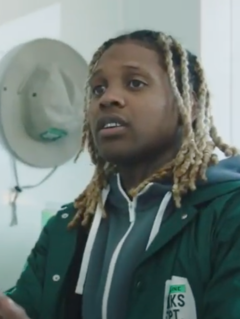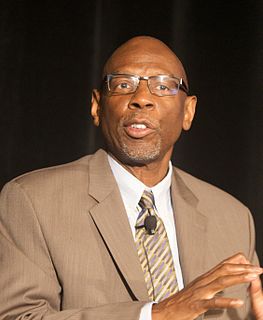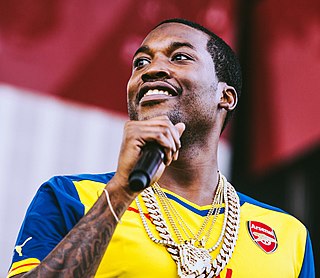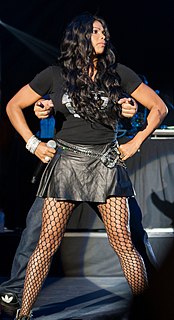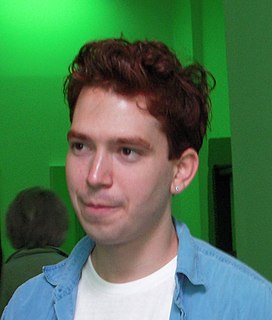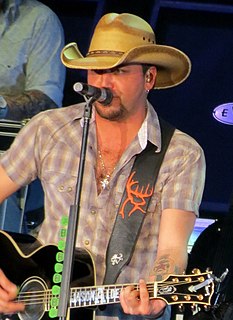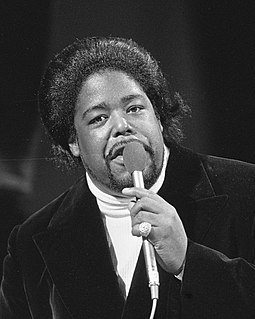A Quote by Isabel Allende
We have all the technology to record things in the streets. Now the historians cannot twist it or change it, because we have cellular phones or video cameras, and we are filming in the streets what's going on. We have the voices of everybody recorded. There's too much recording and I think that's wonderful.
Related Quotes
My mom and dad are from the streets. My mom's from Chicago. My dad's from Memphis. My dad got out of school and got with my mom. They were hustlers. They were from the streets. They were doing their thing. The streets ain't got no love for the streets. You can light up the streets, or be a victim of the streets.
I was free always. I could work without the money, to film this and that. But this is another point, because now I'm alone, and I can just use it when I want. I think the digital cameras have changed my view. Even though sometimes, including the installations that I show, I mix 35mm filming and video handmade.
If you say, 'I'm going to cut this song because I know the teenagers are going to love it,' well, then you're going to alienate everybody else. When I cut my record, I'm just going to cut the things that I like, and whoever likes it, likes it. That's too much work to try to figure out the demographic. That's too much like a business.


